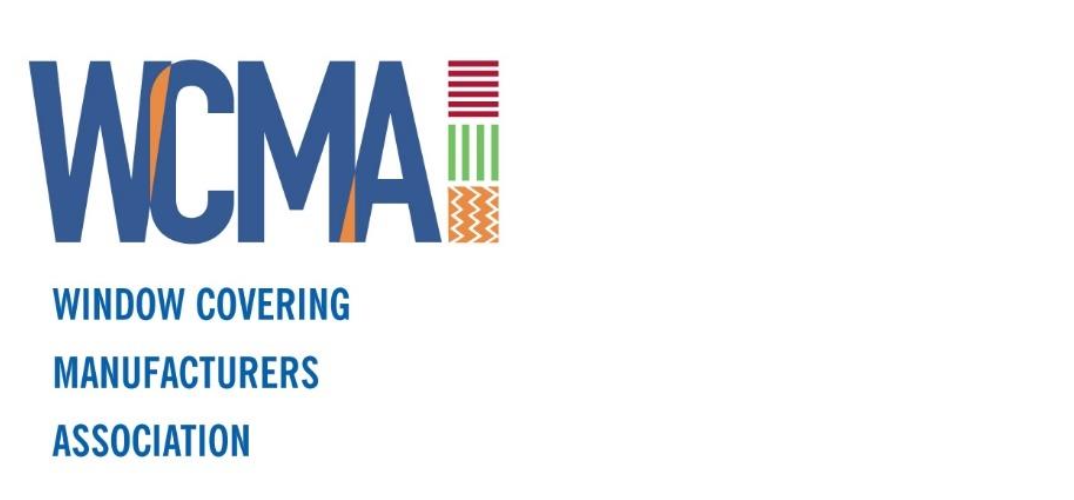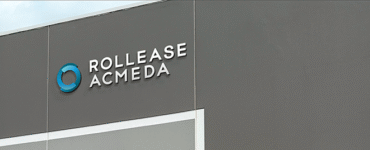Washington, November 30, 2022 – The Window Covering Manufacturers Association (WCMA) filed a lawsuit today challenging the Consumer Product Safety Commission’s (CPSC) rule, A Safety Standard for Operating Cords on Custom Windows.
For decades, CPSC worked cooperatively with WCMA on the ANSI/WCMA voluntary safety standard, a standard that CPSC previously acknowledged has been effective in reducing the risk of injury to children. That is what the Consumer Product Safety Act (CPSA) requires – that the CPSC and the industry will work together to develop effective voluntary industry standards. In fact, the CPSA requires CPSC to rely on a voluntary standard that adequately reduces the risk of injury, rather than promulgate its own rule.
WCMA first adopted a voluntary standard in 1996 in strict accordance with the internationally respected American National Standards Institute (ANSI). WCMA has worked with CPSC, consumer advocacy groups and industry representatives to update the full voluntary standard six times as a result of ongoing industry innovation, technological advances and new product development. WCMA is finalizing the seventh update to the ANSI/WCMA voluntary safety standard. That update specifically addresses the custom product category and has the same goal as the proposed rule – to eliminate all free hanging cords from custom products. Unlike the CPSC final rule, the updated voluntary standard is based on an analysis of actual incident data and the technical expertise of the industry. Until recently, the CPSC has always supported the industry’s efforts.
The industry’s voluntary standard has been a success and has significantly decreased incidents and improved product safety. Industry members have always considered compliance with the standard to be mandatory, and CPSC acknowledges that there is substantial compliance with the standard. Despite that success, the CPSC promulgated this new mandatory rule, circumventing the process envisioned under the CPSA.
The CPSC rule has many problems. It does not substantively advance child safety as, due to a six-month effective date, the rule will eliminate the availability of product before the industry can develop new products and would delay consumer transition to available safer products. The CPSC staff briefing acknowledged the industry will need at least two years to develop completely new products. The new rule ignores the fact that safety incidents have steadily declined since the voluntary standard has been in effect. CPSC also completely fails to account for the significant cost increase to consumers and the enormous harm that the rule will cause to the billion-dollar commercial market for custom window coverings, despite that there is no data to suggest those products pose a risk.
CPSC concluded that WCMA’s update to the voluntary standard is insufficient without giving WCMA an opportunity to explain how the standard will continue to improve product safety for consumers.
The custom window covering industry in the United States generates billions of dollars in annual sales and employs tens of thousands of Americans. The CPSC’s rule will particularly damage small businesses and may result in companies closing their doors and employees losing their jobs.
For all of these reasons, WCMA today filed a legal challenge to the rule, and looks forward to having its day in court.
About WCMA
The Window Covering Manufacturers Association (WCMA) represents the interests of the window covering industry manufacturers, fabricators and assemblers. Industry products include blinds, shades, shutters, curtains, curtain rods, drapes, drapery hardware and other window treatments. Visit us on the web at www.wcmanet.com.





